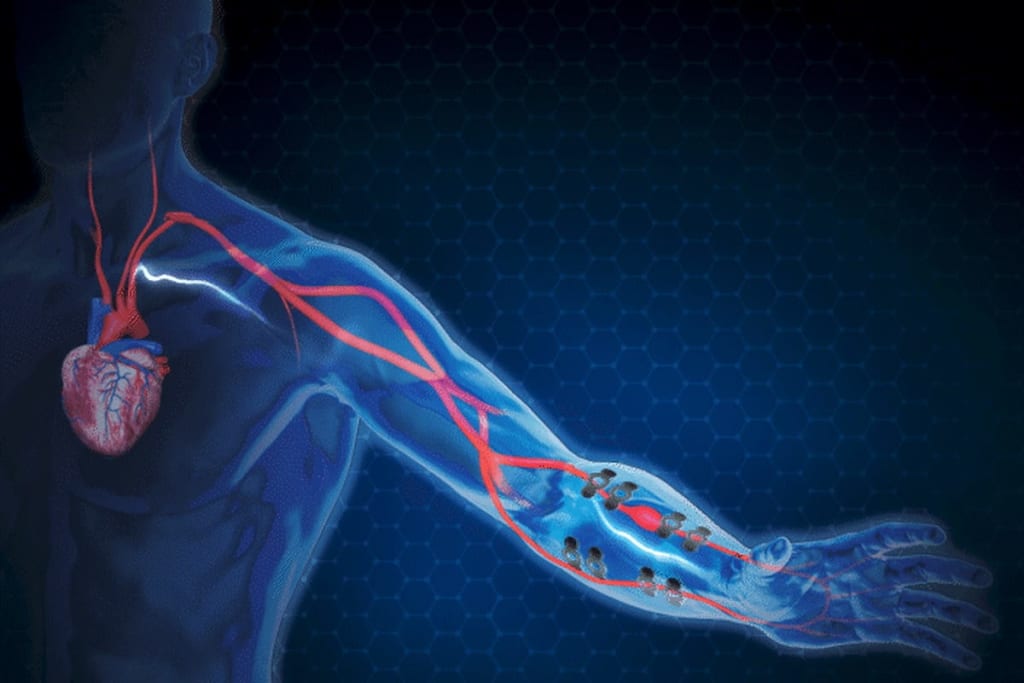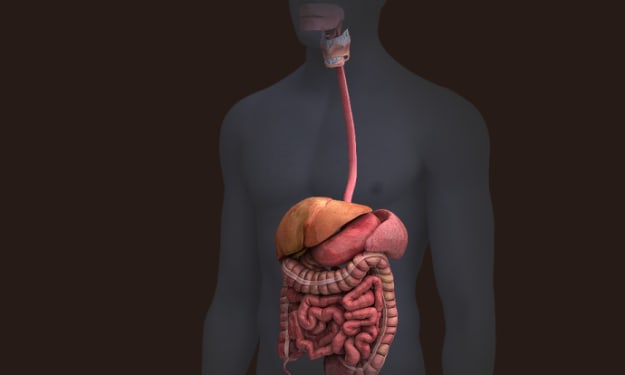LET'S UNDERSTAND
How blood pressure works

Understanding Blood Pressure: The Flow of Water and Health Implications
Introduction (100 words):
Blood pressure is a vital physiological parameter that measures the pressure exerted by circulating blood on the walls of blood vessels. It plays a crucial role in ensuring the proper flow of blood throughout the body. In this article, we will explore the concept of blood pressure, its measurement, and its significance in maintaining overall health. We will also delve into the factors that can contribute to high blood pressure, also known as hypertension, and discuss the importance of lifestyle modifications and medical interventions in managing this condition effectively.
The Mechanism of Blood Pressure: Analogies and Terminology (200 words):
To understand blood pressure, we can draw an analogy to water flowing through a tube connected to a pump. When the pump operates at a higher pressure, water flows with greater force through the tube. Similarly, when the heart pumps blood into the systemic aorta or the pulmonary trunk, blood flows with pressure within the blood vessels. This force with which blood flows in the blood vessels is known as blood pressure, often referred to as BP. The arteries, which receive blood directly from the heart, have higher blood pressure compared to other blood vessels.
Blood pressure gradually decreases as blood flows into the capillaries, the smallest blood vessels. By the time the blood reaches the veins, its pressure has significantly decreased. Consequently, blood pressure is lower in the veins compared to the arteries. Doctors measure blood pressure using a device called a sphygmomanometer, which provides readings in the form of two numbers, such as 120/80 mmHg. The numerator, 120, represents the systolic pressure, which indicates the pressure when the ventricles of the heart contract. The denominator, 80, represents the diastolic pressure, which signifies the pressure when the heart is at rest between contractions.
Understanding Hypertension: Causes and Implications (300 words):
Hypertension, commonly known as high blood pressure, occurs when the blood pressure consistently exceeds the normal range, such as 120/80 mmHg. Several factors contribute to the development of hypertension. One major cause is the narrowing of arteries due to the accumulation of cholesterol. Additionally, chronic stress, prolonged strain, impaired kidney function, smoking, and excessive alcohol consumption can also contribute to high blood pressure.
Uncontrolled hypertension can lead to various health complications, including heart disease, stroke, kidney damage, and other organ dysfunctions. Therefore, it is crucial to manage blood pressure effectively to reduce the risk of these adverse outcomes.
Managing Hypertension: Lifestyle Modifications and Medical Interventions (300 words):
Controlling hypertension involves a combination of lifestyle modifications and, in some cases, medical interventions. Adhering to a healthy diet that includes whole grains, fruits, vegetables, lean proteins, and low-fat dairy products can help manage blood pressure. Limiting sodium intake, avoiding processed foods, and reducing the consumption of saturated and trans fats are essential dietary considerations for individuals with hypertension.
Regular physical activity is another key aspect of blood pressure management. Engaging in moderate aerobic exercises, such as brisk walking, swimming, or cycling, for at least 150 minutes per week can significantly contribute to lowering blood pressure levels. Moreover, stress management techniques, including relaxation exercises, meditation, and adequate sleep, play a crucial role in maintaining optimal blood pressure.
For individuals with hypertension, healthcare professionals may prescribe antihypertensive medications to control blood pressure effectively. These medications work by relaxing blood vessels, reducing fluid volume, or blocking specific hormones that contribute to high blood pressure. It is essential to take these medications as prescribed and to follow up with healthcare providers for regular blood pressure monitoring and adjustment of medication dosages when necessary.
Conclusion (100 words):
Blood pressure is a critical indicator of cardiovascular health
, reflecting the force with which blood flows through the blood vessels. Hypertension, or high blood pressure, poses significant risks to overall health and can lead to severe complications if left untreated. By adopting a healthy lifestyle, including a balanced diet, regular exercise, stress management, and abstaining from smoking and excessive alcohol consumption, individuals can take proactive steps to manage and control their blood pressure. Additionally, close collaboration with healthcare professionals, adherence to prescribed medications, and regular blood pressure monitoring are essential for effectively managing hypertension and reducing associated health risks.





Comments
There are no comments for this story
Be the first to respond and start the conversation.